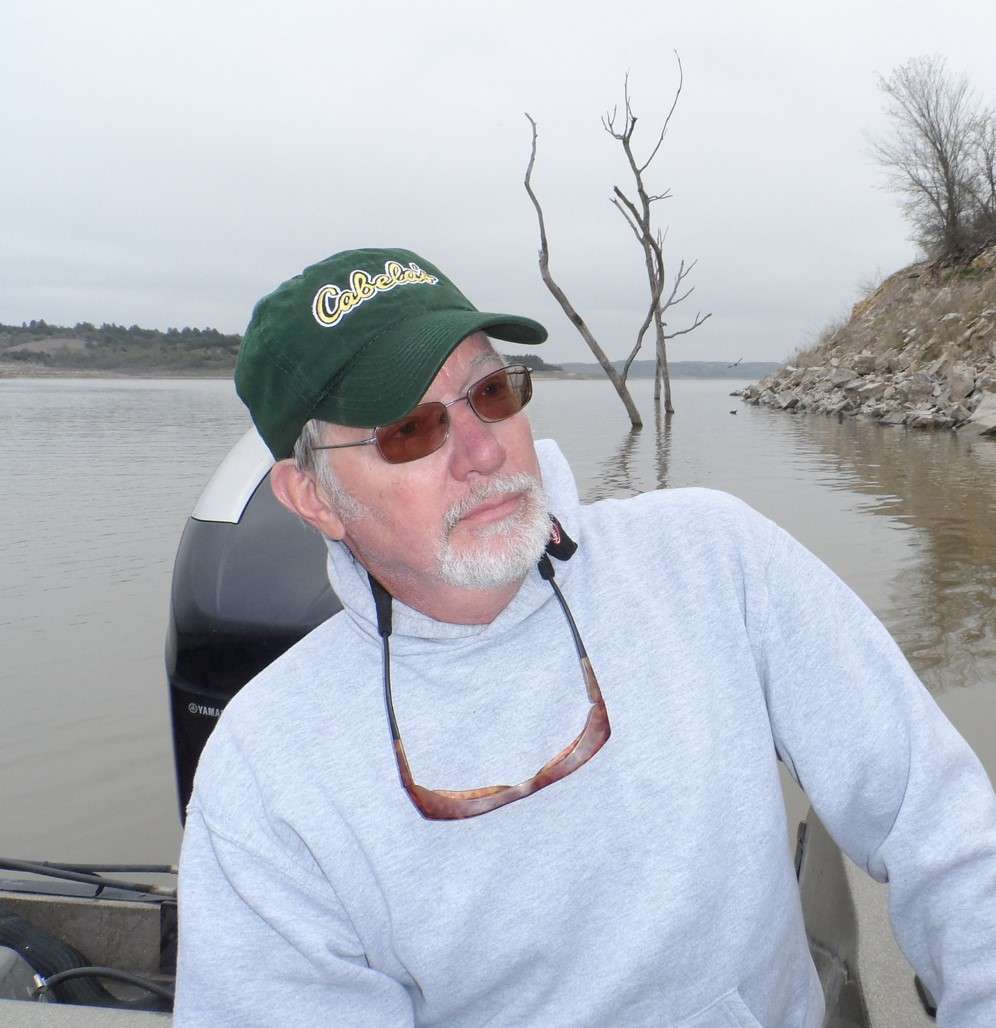By Ron Wilson, director of the Huck Boyd National Institute for Rural Development at Kansas State University.
By beef eaters for beef eaters. That sounds like my kind of project, and it is a fitting description for a growing company that is producing and marketing top quality beefsteaks.
Lyle Billips and Jeff Hardiek are co-founders of a company known as America’s Best Steaks. Lyle, or Butch as he is known, is a farmer, rancher and stockman in northwest Kansas. His family farms east of Hill City, where they raise corn, beans, wheat and milo and have a cow-calf herd and a commercial Angus feedlot.
As quality-conscious beef producers, Butch and his partners were frustrated when consumers said they can’t find good beef anyplace.
In 2003, Butch and Jeff were talking about this very problem. “We got tired of people saying that beef wasn’t good anymore,” Butch said. “I said, `No, it’s not that. It’s just that the beef isn’t handled right.’”
Butch and Lyle set out to identify a process that produced high-quality, good-tasting beef like the kind they had known growing up. “This became a challenge which morphed into a hobby which morphed into a business,” Jeff said.
Butch bought a cooler, put it in his garage and started experimenting with the process of processing and taste testing beef. Once they got the process perfected to their satisfaction, they launched a business to market their high quality beef products. The name of the business reflected their goal: America’s Best Steaks.
The key to the process is six weeks of dry aging. Temperature, humidity, air circulation, and moisture levels must be just right. As the company website says, “Dry aging may not be the easiest way to age beef, but it is the best.”
The goal is to produce the most naturally tender, juicy, and flavorful beefsteak possible on a consistent basis and at a reasonable price. It begins with the proper mix of genetics, nutrition, health and overall management of the beef animals, followed by the proper care and handling of the harvested beef product. As the company’s website states, their process “tenderizes the beef, minimizes the shrink at cooking and intensifies the flavor to a buttery-nutty taste, adding definite value to an unforgettable dining experience.”
The company established a website, www.americasbeststeaks.com, and started marketing the product. Word of mouth became their best advertising. Once people tried the product, they came back for more.
As the company grew, there was a need for more room to operate. One building which was immediately available was the former grade school building in the nearby community of Bogue. “I went to Bogue Grade School and my sister was in the last class to go to Bogue before it closed and consolidated,” Butch said. They bought the old school building and furnished it with new equipment. Instead of helping young minds to grow, now the building is helping a new product to grow.
Bogue is a truly rural community with a population of 174 people. Now, that’s rural. Yet from this facility, beef products have gone to all 50 states.
The steaks can be ordered at Trios Tap House in Hays and Six Mile Chop House in Lawrence, but they are primarily sold online. A number of companies purchase packages of America’s Best Steaks as Christmas gifts for their customers.
In 2015, Butch and Jeff learned about an initiative called L-A-B for Launch A Business. The Center for Entrepreneurship in the K-State College of Business, with support from Kansas State Bank and others, was offering this opportunity to support entrepreneurs with creative ideas or new businesses. It involved training with KSU faculty and networking and mentoring with business leaders.
“We didn’t really have the time to do it, but decided we’d try it,” Butch said. “It was well worth it, we’re darn glad we did.” This initiative has helped them develop their future strategic business, based on their high quality product.
By beef eaters for beef eaters. It’s a fitting slogan for America’s Best Steaks. We salute Butch Billips and Jeff Hardiek for making a difference by adding value to their beef production. They will have a big “stake” in future business.




